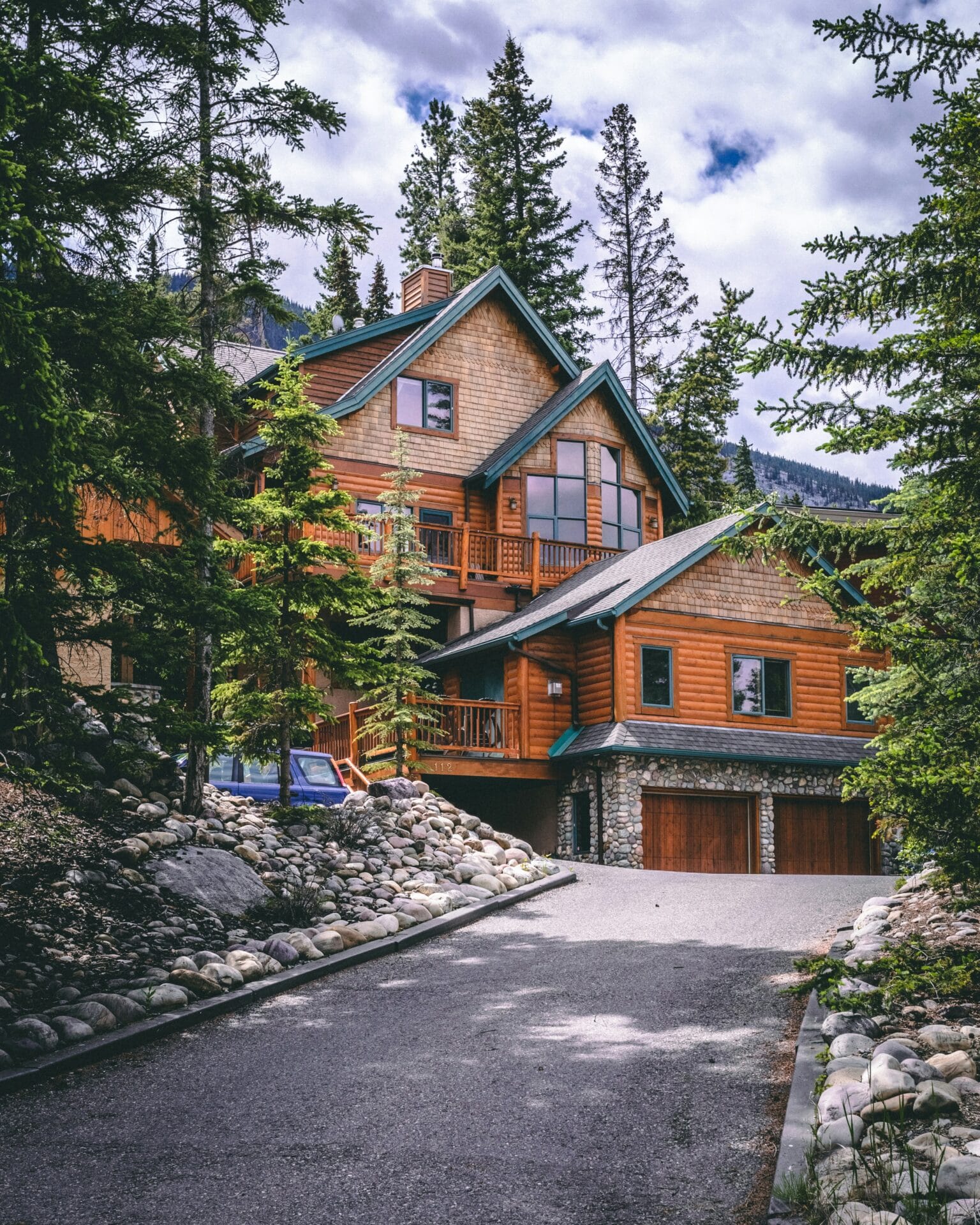Whether it’s a waterfront property on the Chesapeake Bay or a countryside getaway in Maryland, your second home is the perfect escape. While finding your home away from home is an exciting step, it requires the right homeowners insurance to keep it protected against the unexpected.
Unlike a primary residence, a second home presents unique risks, from extended vacancy periods with an increased exposure to theft and water damage to extreme weather, making specialized coverage and risk management essential. In looking to protect a second home properly, there are several factors to consider as you explore insurance solutions.
How Does Home Insurance Work With Second Homes?
Many homeowners assume that insuring a second home is as simple as extending the coverage on their primary homeowners policy. However, insurance providers evaluate second homes differently due to increased risks.
One of the most pressing concerns is vacancy. A home left unoccupied for long periods is more susceptible to break-ins, undetected maintenance issues and liability claims. If a pipe bursts causing water damage to a home’s structure or interior or a tree damages the roof while no one is there, the costs can quickly escalate.
Location is another critical factor. A second home along the East Coast may be vulnerable to storms, rising sea levels and even sinking land — risks that typically require separate or additional policies and higher deductibles.
Understanding the Risks Unique to Second Homes
Seasonal exposure is a key aspect that distinguishes second homes from primary residences. A waterfront home in Annapolis or Southern Maryland may require additional coverage for hurricanes, wind, rain, hail and flooding. Homes in the Mid-Atlantic may also face risks from frozen pipes, heavy snow and power outages.
For high-net-worth individuals, liability coverage is equally critical to safeguarding assets. If a guest suffers injuries after slipping on an icy walkway or using amenities like a pool or boat, the homeowner could face substantial legal claims.
Rental use further complicates insurance considerations. Many owners of second homes generate income by leasing their properties short-term, but not all homeowners insurance policies cover rental-related liabilities. It is crucial to inform your insurance advisor if you plan to rent out your second home, as failing to disclose this information could lead to denied claims in the event of property damage or bodily injury involving a tenant.
A specialized rental policy may be necessary to cover tenant-related damages, legal disputes and liability risks that standard homeowners insurance may exclude. Homeowners may also need a separate personal umbrella policy specific to rental properties for adequate liability protection, as existing personal umbrella coverage may not extend to rentals.
Essential Coverage Options for Second Homes
The good news is that with proper insurance coverage in the D.C. area, you can protect your investment and enjoy it for many years to come. Coverage selections depend on the home’s location, usage and value but typically include the following coverages.
Homeowners Insurance
Homeowners insurance for a second home provides coverage for property damage and liability risks. Unique considerations for second properties, such as location-based and vacancy risks, may necessitate additional loss-prevention measures and coverages. You will find some of these measures below.
Flood Insurance
Standard homeowners insurance does not cover flood damage, which is a crucial consideration for homes near water or in flood-prone areas. You may need a separate flood insurance policy — available through the National Flood Insurance Program (NFIP) or private insurers — to protect against rising water, storm surges and heavy rainfall.
Personal Umbrella
A personal umbrella insurance policy can be a wise addition. It extends liability protection beyond standard policy limits.
Additional Coverages
Scheduling additional coverage for valuables is essential, as standard homeowners insurance may not cover them. If you keep any of the following items at your second property, speak with your insurance advisor about procuring coverage:
- Golf Carts
- Electric Bikes
- Yacht
- Fine Art
- Antiques
- Jewelry
In addition to obtaining the proper coverage for a second home, it’s critical to implement specific loss-prevention measures to mitigate risk and potential damages.
Loss-Prevention Tips
Insurers of second homes may mandate loss-prevention measures to reduce the likelihood of damage. These safeguards are not just about meeting insurance requirements; they are crucial for protecting your second home — especially in your absence — and mitigating costly damage:
- Fire mitigation: Monitored fire alarms can detect a fire and instantly transmit a signal to a monitoring station, which alerts the fire department.
- Flood prevention: Remote temperature monitoring can continuously track your pipes’ temperature, while water shut-off systems can detect leaks and cut off the water supply in the event of a leak.
- Theft: Burglar alarms and surveillance systems can deter break-ins and alert homeowners or authorities immediately if there’s an intrusion. Implementing these protections not only makes the home safer but may also lead to premium reductions, making them a smart investment for second homes.
Protect Your Second Home
Owning a second home is an investment in lifestyle and financial security. However, without the proper insurance coverage, it can also become a liability. Whether facing location-based risks, managing rental concerns or protecting high-value assets, an experienced insurance advisor such as HWP Insurance can tailor a policy to meet your unique needs.
Contact HWP Insurance to discuss customized insurance solutions and ensure your retreat remains a safe and sound investment.
About HWP Insurance
HWP Insurance is a leading insurance agency specializing in private client solutions, providing customized coverage for high-net-worth individuals and their assets. With a strong presence in Washington, D.C., Annapolis and Southern Maryland, we offer guidance to protect what matters most. Learn more at hwphillips.com.
Enjoying this article?




